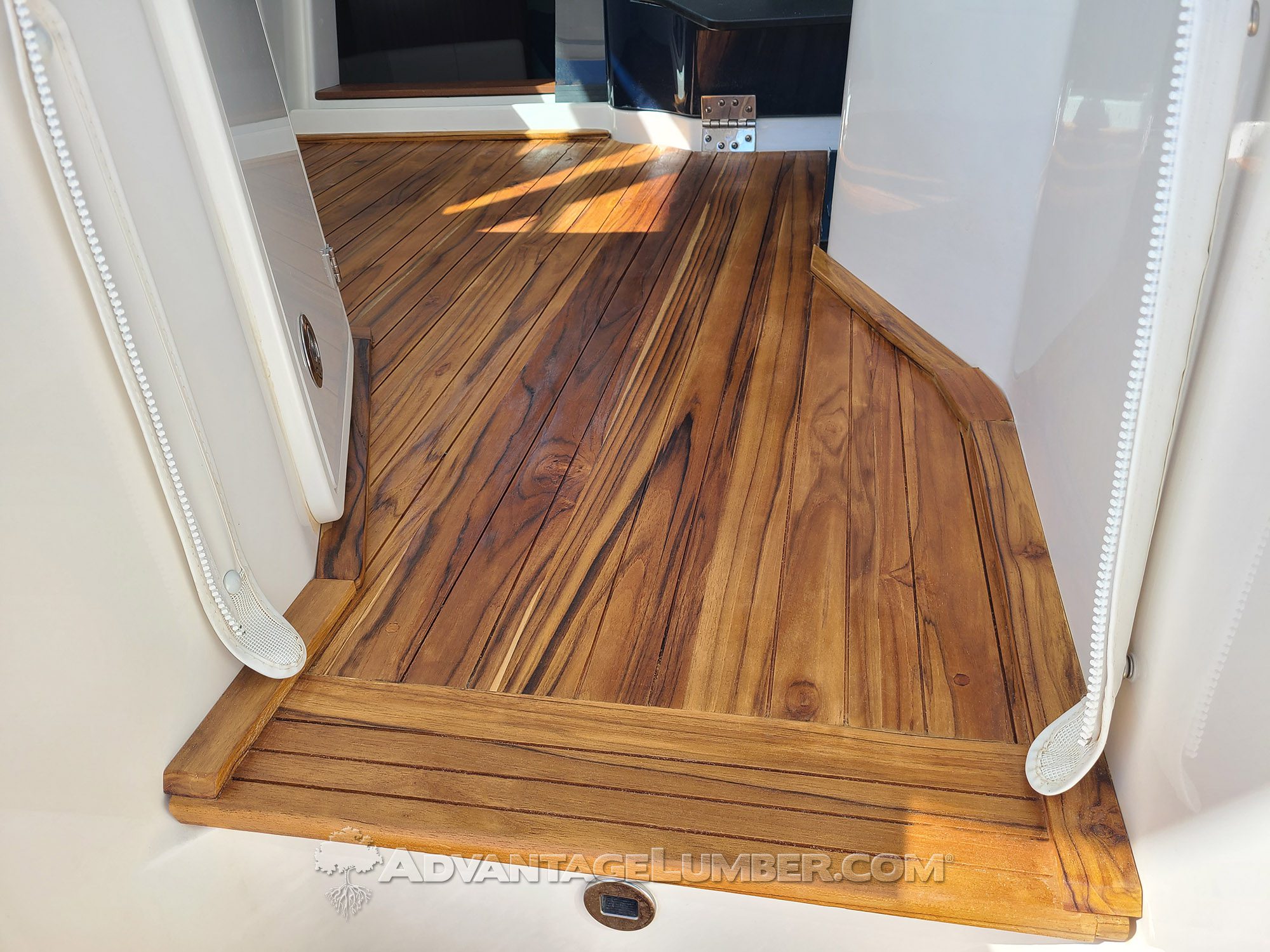Teak wood has long been the gold standard for boat and yacht builders, prized for its durability, natural resistance to water, and stunning golden-brown aesthetic. However, in recent years, sourcing teak has become increasingly challenging, prompting many enthusiasts and professionals to search for viable substitutes.
This shift is largely driven by the ban on teak from Myanmar (Burma), a former hub for high-quality teak, coupled with dwindling supplies at local lumber yards that once reliably stocked it. But fear not—there are excellent alternatives, including sustainably grown plantation teak, which offers a way to enjoy this remarkable wood without the ethical and logistical baggage.
Why Teak from Myanmar Is No Longer an Option
For decades, Myanmar was a leading supplier of teak, harvested from its lush, natural forests. However, many countries, including the United States and members of the European Union, have imposed strict sanctions and import bans on Burmese teak. The reasons are multifaceted, rooted in both environmental and geopolitical concerns.
Myanmar’s teak industry has been plagued by illegal logging, deforestation, and poor regulation, depleting its natural forests at an alarming rate. Beyond the ecological damage, the trade has been linked to human rights abuses and conflict financing. Following the military coup in 2021, the Myanmar government’s control over teak exports tightened, with proceeds often funneled to support the junta rather than local communities.
These issues led to international sanctions, making it illegal or highly restricted to import Burmese teak in many regions. As a result, local lumber yards that once carried this prized wood have seen their stocks dry up, leaving boat builders and yacht owners scrambling for alternatives.
Plantation Teak: A Sustainable, High-Quality Solution
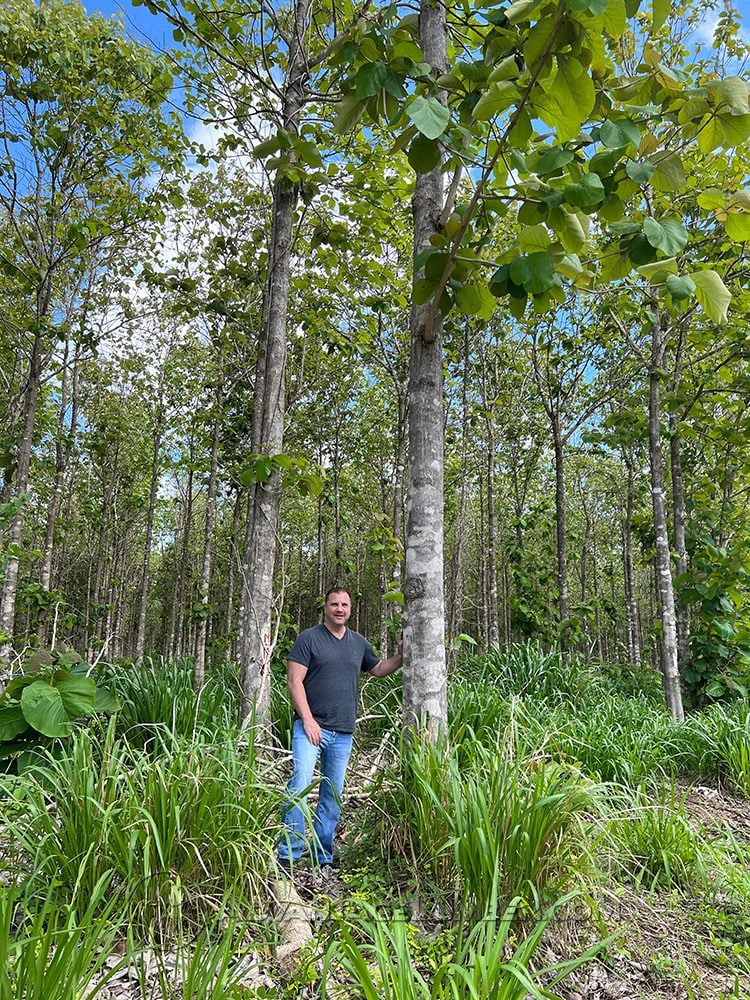
Fortunately, there’s a silver lining: plantation teak. This isn’t a substitute in the traditional sense—it’s the same species (Tectona grandis) as the teak grown in Myanmar’s forests. The difference lies in how and where it’s cultivated. Plantation teak is grown on carefully managed, sustainable plantations, often in regions like Central America, Southeast Asia, or Africa, where growing conditions mirror Myanmar’s tropical climate—hot, humid, and with distinct wet and dry seasons.
These plantations cultivate teak trees for 25 to 50 years, allowing them to develop the dense grain, rich oil content, and durability that make teak so exceptional for marine use. Unlike the wild-harvested teak from Myanmar, plantation teak avoids the ethical conflicts and environmental devastation tied to illegal logging. It’s a renewable resource, replanted and harvested responsibly to ensure long-term supply without depleting natural ecosystems.
One standout source for this sustainably grown teak is AdvantageLumber.com, where you can order high-quality plantation teak and have it shipped directly to your home. This accessibility makes it a practical choice for boat builders, yacht restorers, or DIY enthusiasts looking to maintain the classic teak look and performance without compromising their values—or the law.
Alternatives to Teak for Boats and Yachts
While plantation teak is an excellent direct replacement, some may still seek entirely different wood species or materials, either for cost, availability, or personal preference. Here are a few noteworthy substitutes:
- Cumaru: Often dubbed “Brazilian teak,” Cumaru shares many of teak’s qualities—durability, weather resistance, and a rich reddish brown making it darker in color than teak. It’s widely available and more affordable.
- Mahogany: Another tropical hardwood, mahogany offers a rich color and decent water resistance. While not as naturally durable as teak, it’s easier to source and works well for interior boat components or with proper protective finishes.
- Plantation Teak: Same species as the original teak grown in Myanmar (Burma). It offers the same resistance to weather and decay as well as the beautiful rich grain and golden hues that many are seeking when purchasing teak wood.
- Synthetic Teak (PVC or Composite Decking): For those prioritizing low maintenance, synthetic teak mimics the look of real wood without the upkeep. Brands like TimberTech, Trex and TanDeck are all synthetic options that offer realistic wood grains and low maintenance.
Why Plantation Teak Stands Out
While these alternatives have their merits, plantation teak remains the top choice for purists and professionals alike. It delivers the exact properties that made Burmese teak legendary—resistance to moisture, insects, and rot, plus a timeless beauty that ages gracefully on the water. By opting for plantation-grown teak, you’re not just getting a substitute; you’re getting the real deal, minus the ethical and legal complications.
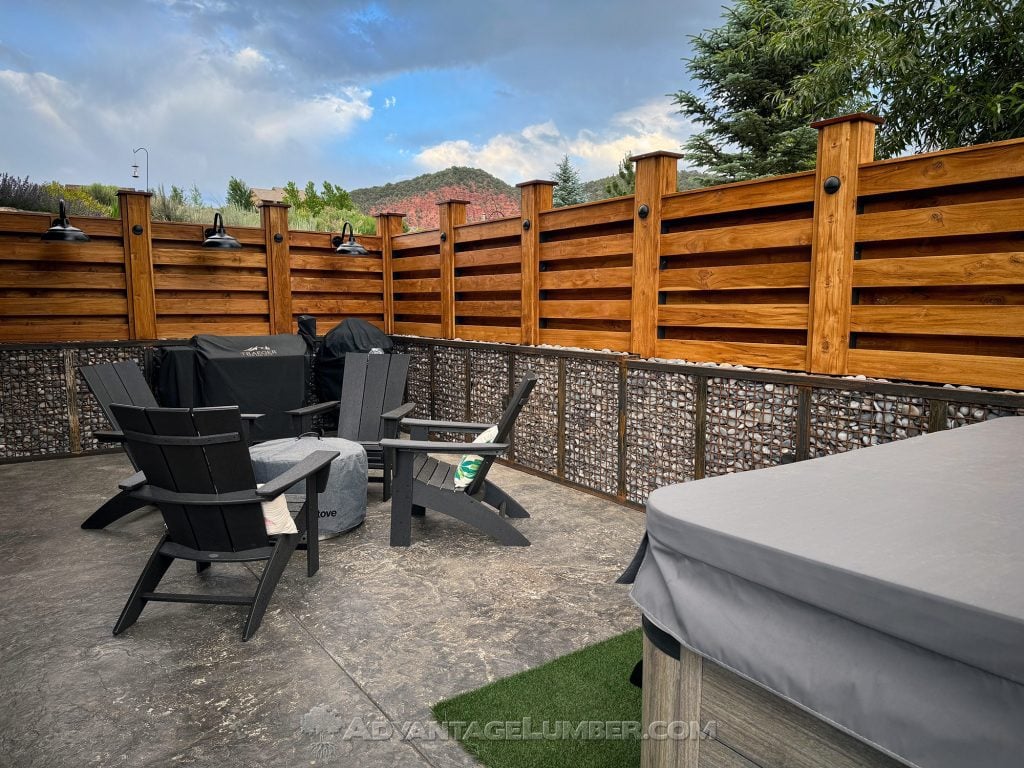
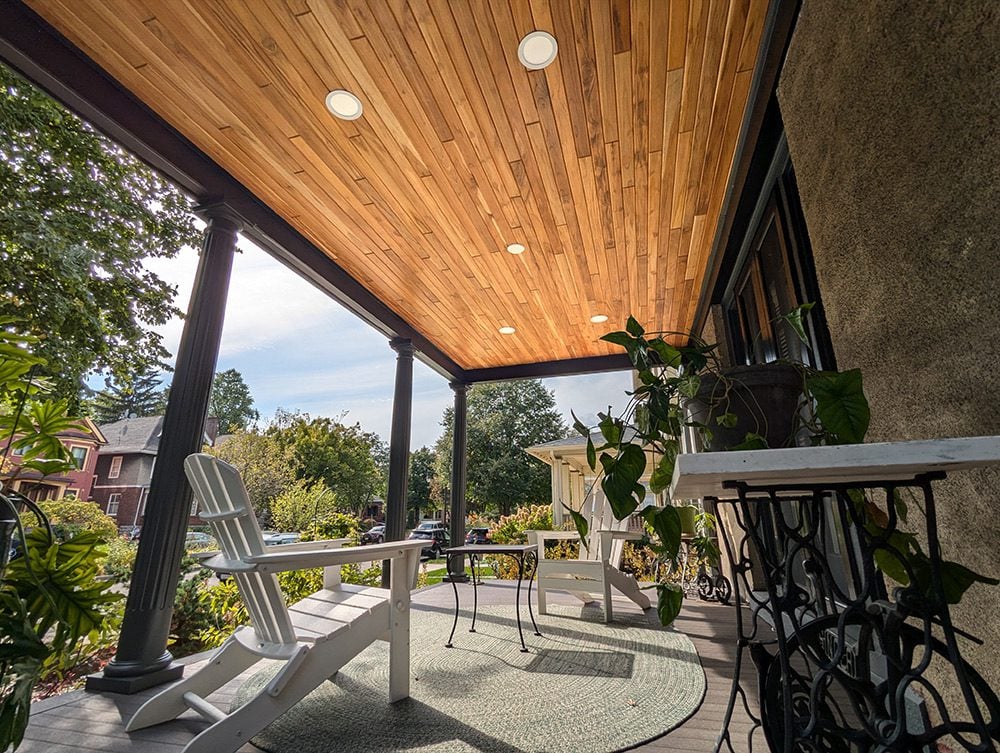
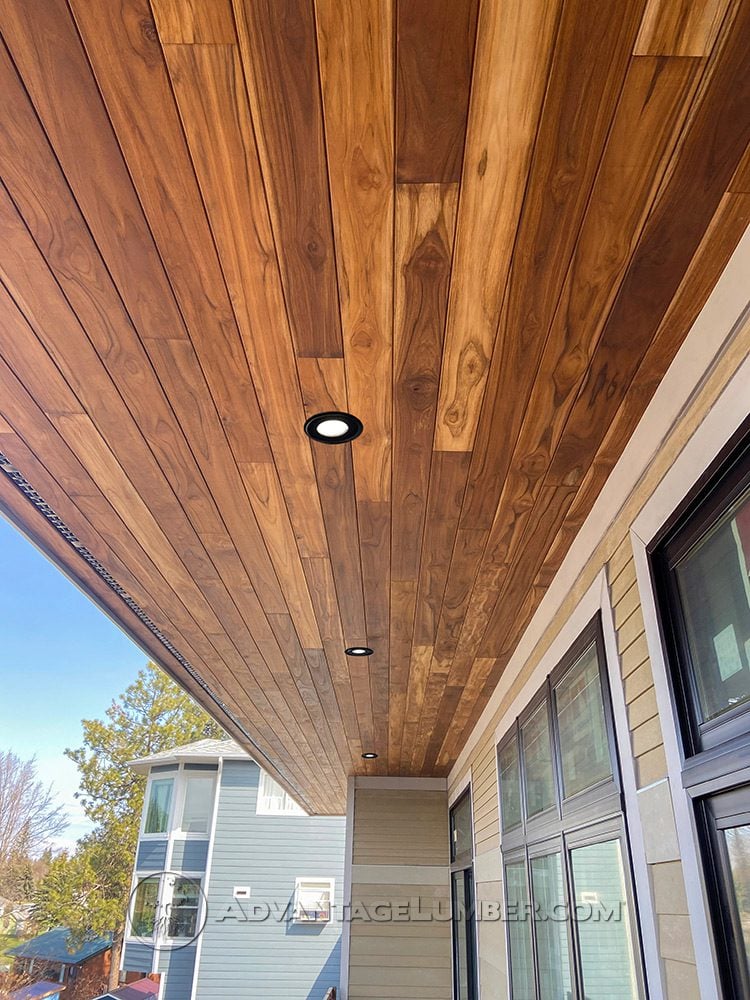
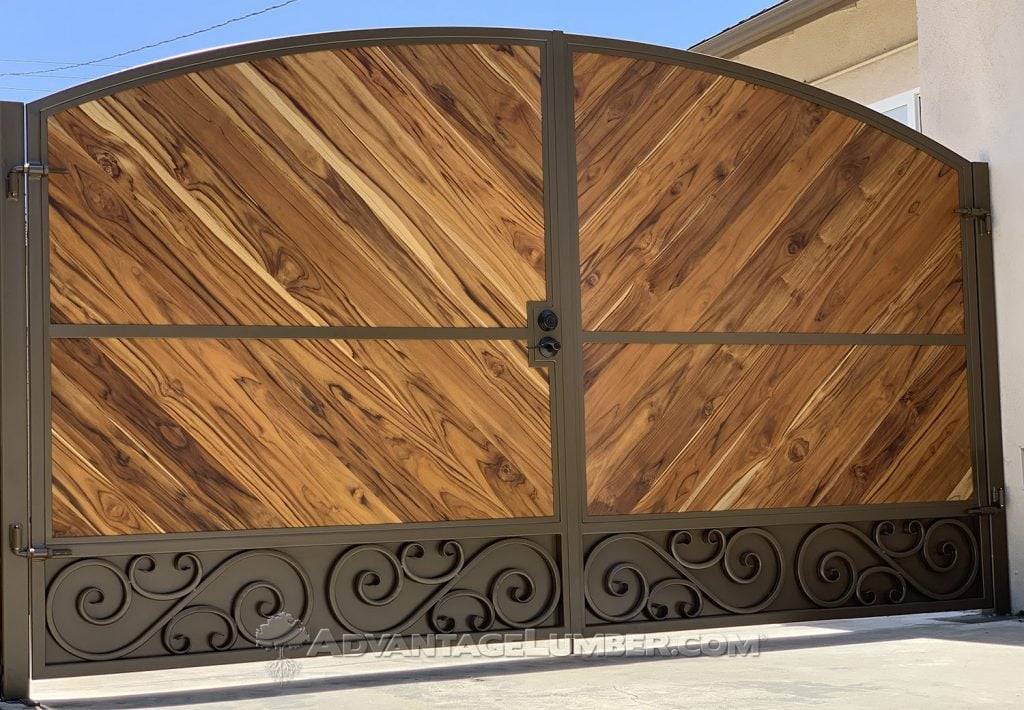
Final Thoughts
The search for a teak substitute stems from necessity, as bans on Myanmar teak and shrinking local supplies have disrupted a once-reliable market. Yet, the rise of plantation teak offers a sustainable, high-quality solution that keeps the tradition alive. Whether you’re restoring a classic yacht or building a new boat or building a deck or fence for your home you can source this responsibly grown wood from trusted suppliers like AdvantageLumber.com and have it delivered right to your home. Pair that with the peace of mind that comes from avoiding conflict timber, and it’s clear why plantation teak is more than just a substitute—it’s the future of marine woodworking.
